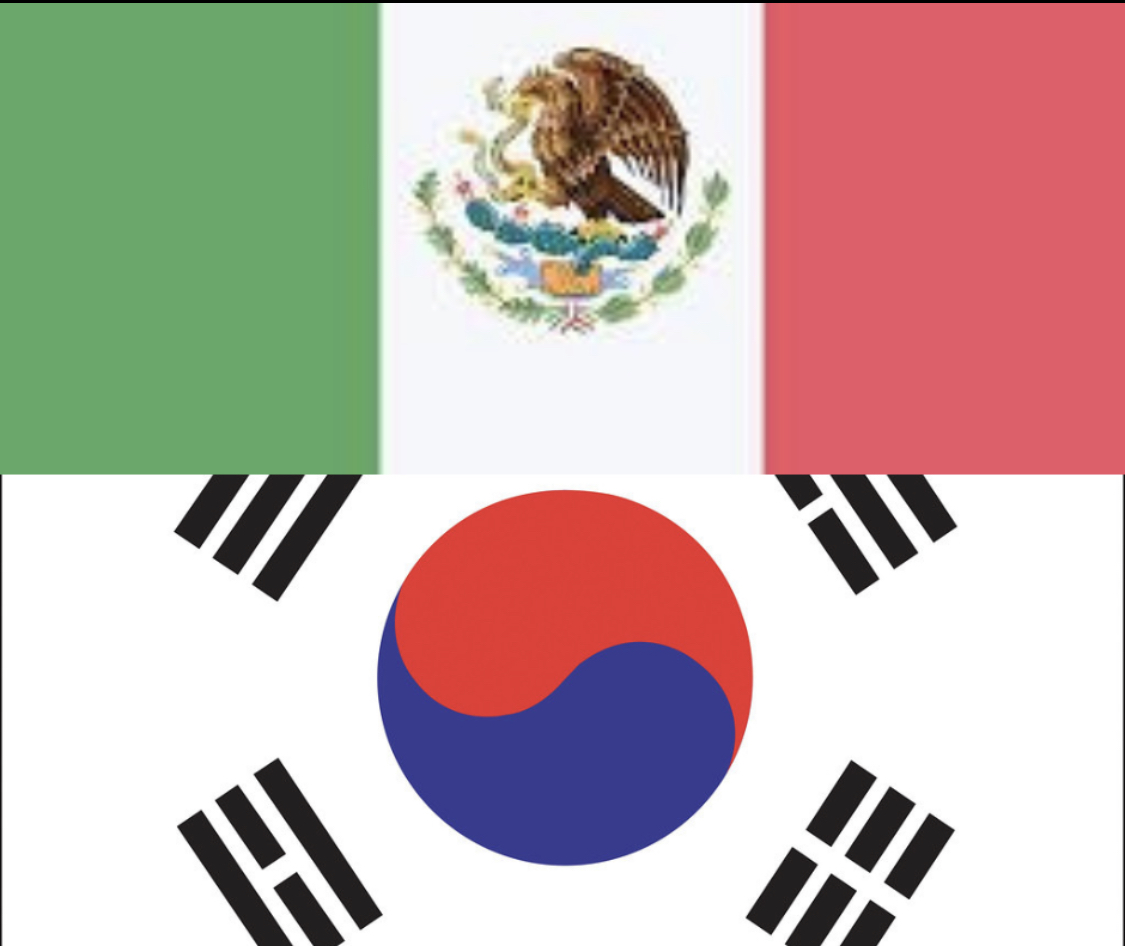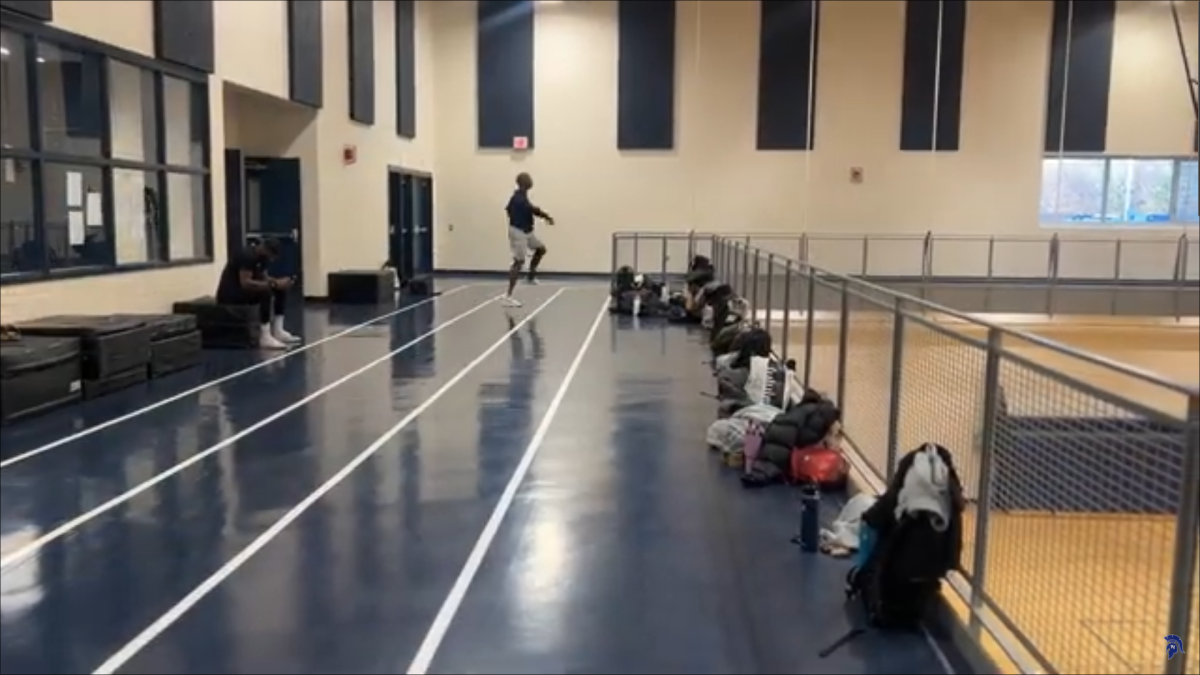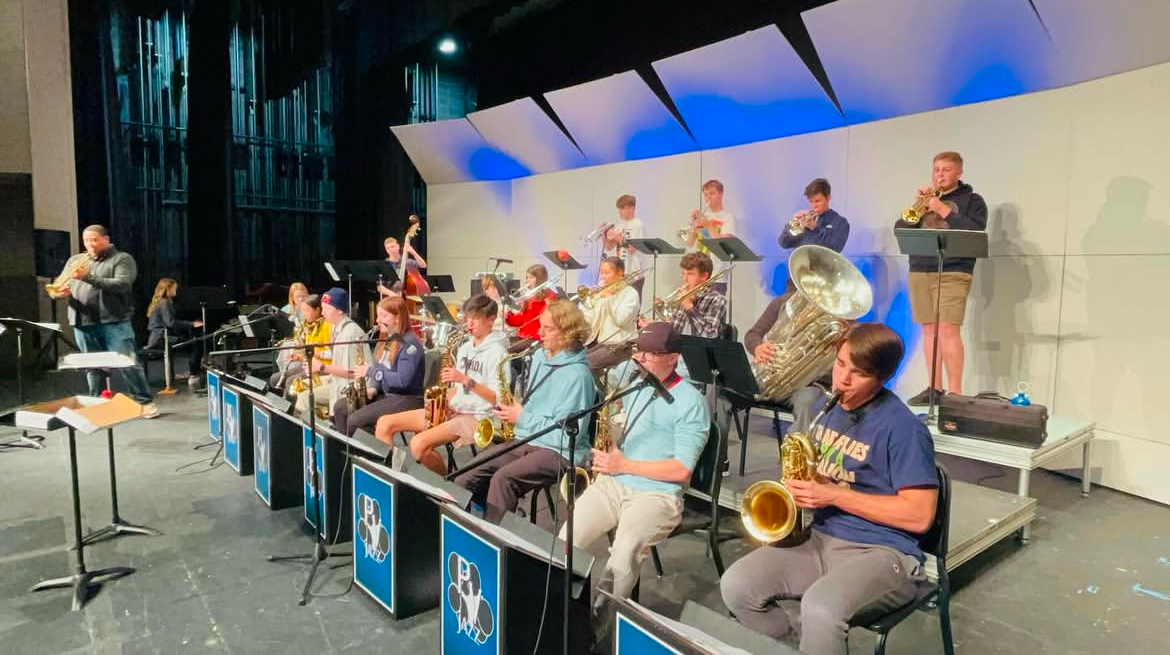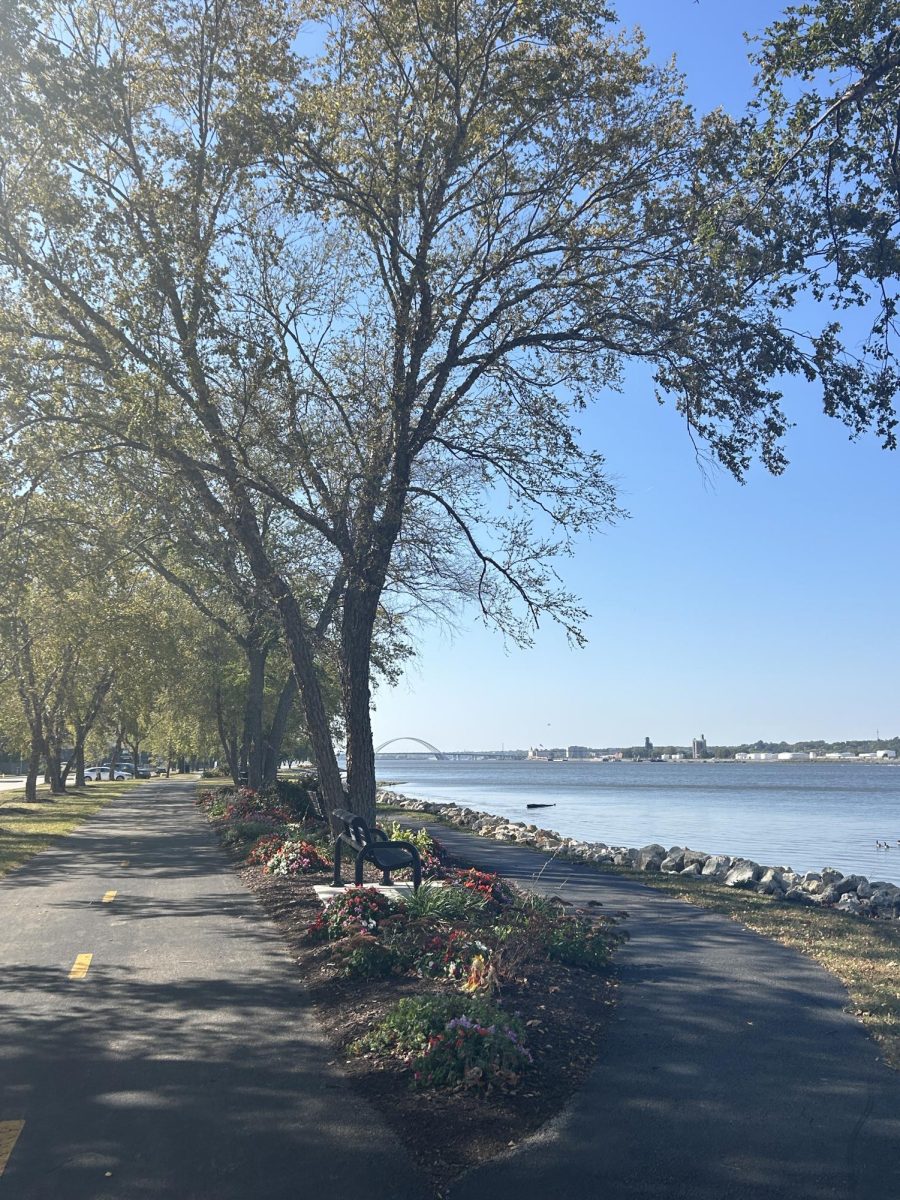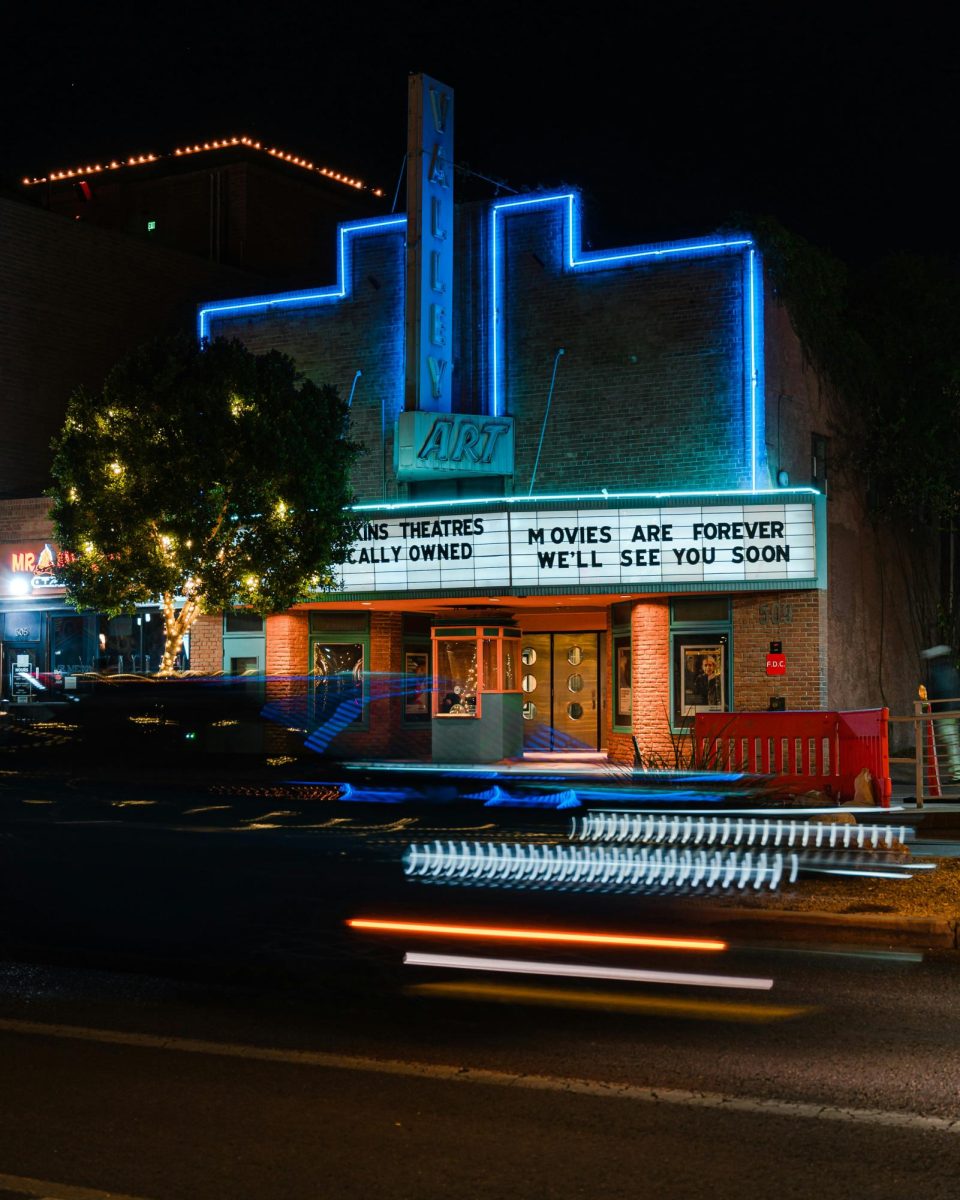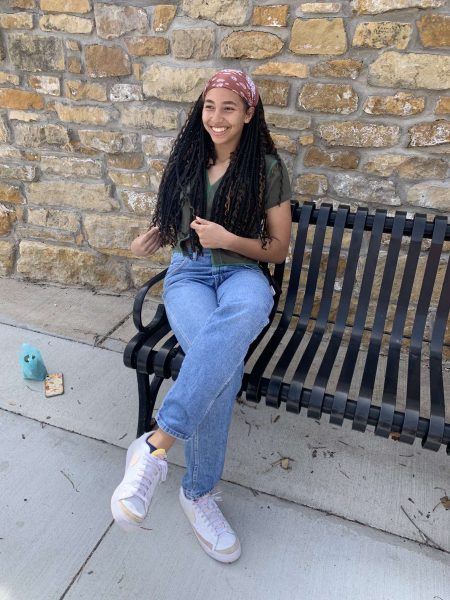While high school can be hard for incoming students, it can be harder for students who are both new to high school and to America. Students from many cultures have come together at PV to create an educational and diverse school. While many students have ancestral backgrounds from different countries, other students have immigrated directly to America for a multitude of reasons.
Junior Andres Bravo Garza was originally born in Brazil and then moved to Mexico. He lived in Mexico for 14 years until he and his family moved to Bettendorf, Iowa, where he would continue his education at Pleasant Valley. He reported that he “had finally made friends in middle school, had a girlfriend, and the rest of his life planned out.” This was until he to moved to America, where the transition was rough. “I already knew English, so language wasn’t an issue for me.” he expressed.
However, the culture itself proved to be a shock to Bravo Garza. When first arriving, Bravo Garza had high assumptions about America. “[I]expected High School Musical, but without the random breakouts of dancing and singing.” Instead he realized America was not as similar to Mexico as he would’ve liked.
Like High School Musical, things like dancing were one of the things that was completely different to him. Noting the distinctive customs regarding dancing in America, he stated, “Dancing was such a weird one. When you ask someone to dance in Mexico, it’s simply because you like dancing, but when you ask someone to dance in America, it’s like you want to marry them.”
Another culture shock Bravo Garza experienced was how different the food is. He mentions the lack of spices used in American cuisine and believed America should “add the extra 10 grams of condiments, which will help it taste better.”
However, junior Nadia Meeks was born in South Korea, moved to America when she was 3 years old, then went back to South Korea when she was 9, only to come back to America in 2020.
Like Bravo Garza, learning English wasn’t a challenge to her. “I wasn’t necessarily fluent in Korean when I first moved to America because I was very little at the time. My dad had suggested that my mom stop speaking to me in Korean to assimilate into schools easier. Although, I wasn’t there for long enough to become fluent in Korean,” she said. Since Meeks isn’t necessarily fluent in Korean, she stated “it’s hard when we go back to Korea to visit family and friends, because I can’t really understand what they’re saying.”
However, Meeks isn’t the only immigrant student with this problem. Many first and second generation immigrant students relate to the problem of not being able to speak their parents’ mother tongue. This causes a feeling of isolation for the students, and sometimes results in the student trying to learn their language.
When she arrived in America for her second time during 2020, Meeks was surprised. “[I expected] more people to be sick [with COVID-19’] and the food to be more salted.” However, she was surprised when she realized that there were more healthy people, and the food wasn’t as salty as she expected.
Another difference Meeks was astonished by was the lack of public transportation. “There’s public transportation everywhere in Korea. Even the semi rural area which I had lived in had subways and buses for its citizens. However, when I moved to America, people hardly used public transportation. Many people drive in their cars, or walk or bike,” she explained. While this was news for Meeks, she quickly got used to the fast paced life of America. While public transportation isn’t a thing of the past in America, it certainly isn’t as common as many other countries such as South Korea, Ukraine, and Italy.
While life for many American students is hard, immigrant students have a whole new set of obstacles in front of them. As with any country, America has its own successes and problems that many immigrant students quickly learn about. Bravo Garza learned that America’s school system is better than Mexico’s, and Meeks learned that public transportation isn’t as common in America as it is in South Korea.
Iowa is home to 27,197 immigrant students, and Pleasant Valley is home to Bravo Garza, Meeks and many more international faces.


